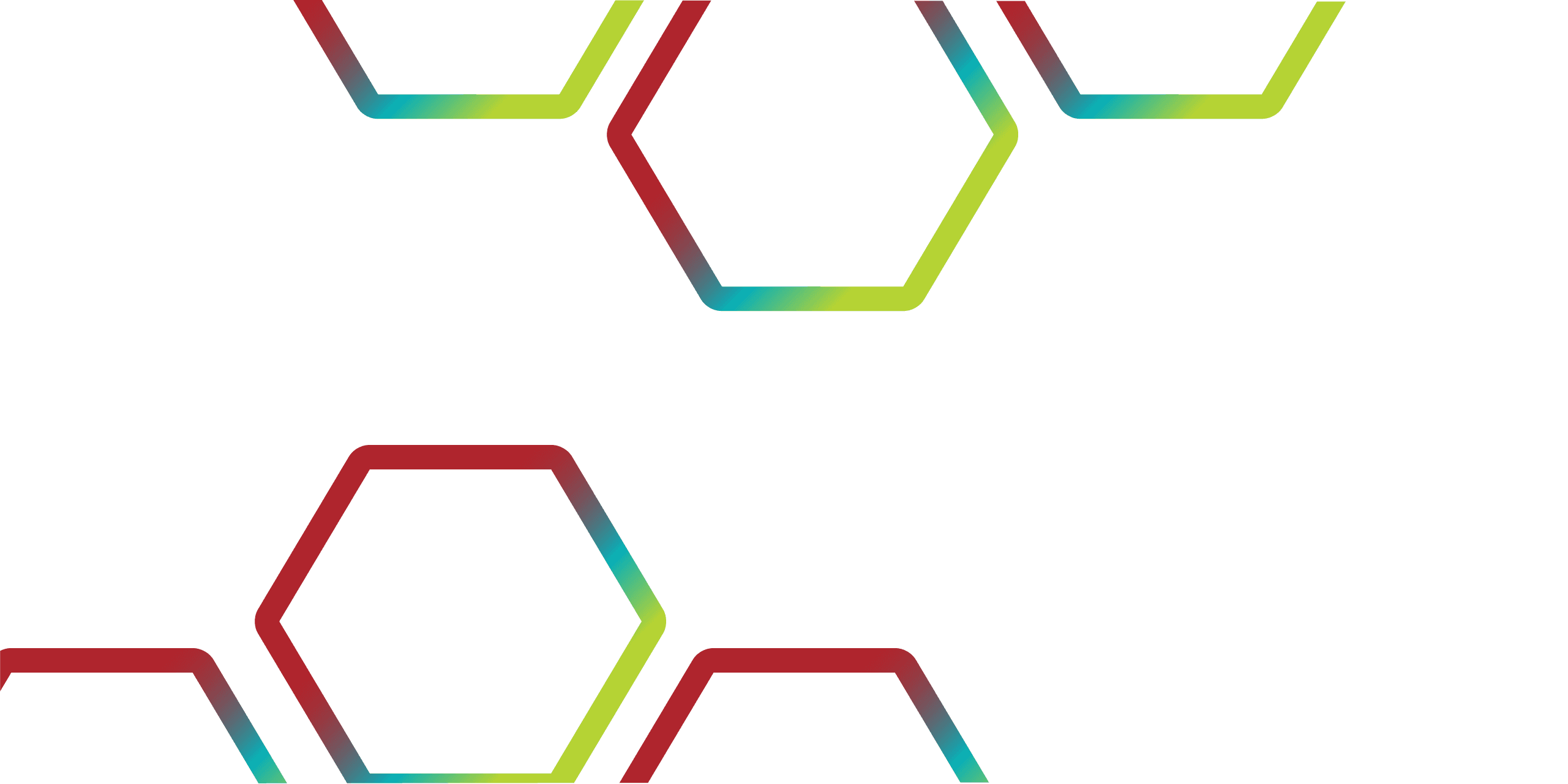Presentation Summary
Data and analytics have become powerful tools of tertiary education in the quest to ensure the success of learners and enhance learning environments. Institutions are making substantial investments in the development of centralised analytics systems to map learning cohorts and identify learners at risk. These systems bring together data from multiple sources across the institution and apply new predictive algorithms or visualise the behaviour and performance trends of groups of learners, or apply emerging artificial intelligence models to generate new insights. All these approaches align with the THETA Conference theme of digital acceleration which focuses on “leveraging emerging technologies and big data analytics to enhance educational outcomes”.
However, a necessary ingredient to justify the investment in applications of these emerging technologies for academic and learning analytics is scale. The result is the development of tools such as dashboards and nudging systems that can be utilised by the largest number of educators to impact the largest number of learners. While this is a noble endeavour, an unintended result is a loss direct connection with the indicators of learning (Gasevic et al., 2016). Additionally, from an inclusion perspective, not all institutions can afford to invest in large learning analytics systems and educators have to make do with what they have to hand.
This is the inspiration for the Everyday Learning Analytics (ELA) project. The goal is to help educators to make use of available technologies, whether old or new, to bring learning analytics into their teaching context. A key part of this approach is to help educators connect their learning design with data available from learning systems and the classroom. The project builds on an exploratory study involving higher and vocational education teachers (Author, 2023) which uncovered a rich appetite for using data and analytics to inform teaching and learning experiences. The intended outcome of the project is to build and share a repository of approaches that can be used by educators worldwide to make ELA accessible and relevant so educational outcomes improve. In this presentation we will provide an update on the project progress, future directions, and ways to get involved.
Meet the Speaker
Associate Professor Linda Corrin
Associate Director, Learning Innovation, Deakin University
Associate Professor Linda Corrin is the Associate Director, Learning Innovation (Business and Law) at Deakin University, Melbourne, Australia. She has over 20 years’ experience working in higher education and has taught in the fields of Education, Business, and IT. Her research focuses on how learning analytics can be used to provide meaningful and timely feedback to educators and students, as well as professional learning for educators in Higher Education. Linda has won several awards for her learning analytics research and is a Community Fellow of the Australasian Society for Computers in Learning in Tertiary Education (ASCILITE). She is the co-founder of the Victorian/Tasmanian Learning Analytics Network and a co-coordinator of the ASCILITE Learning Analytics Special Interest Group. Linda has been a lead editor of the Australasian Journal of Educational Technology since 2020.


